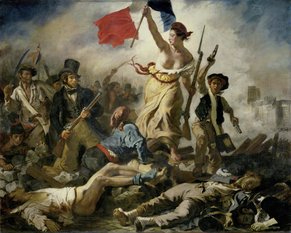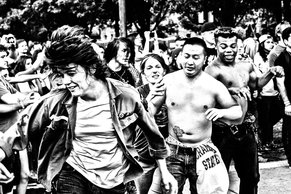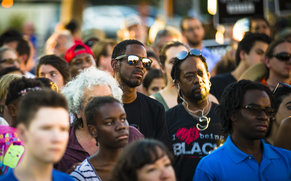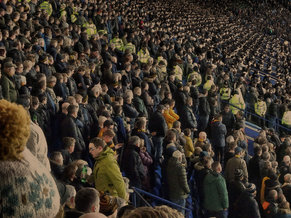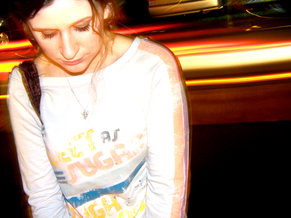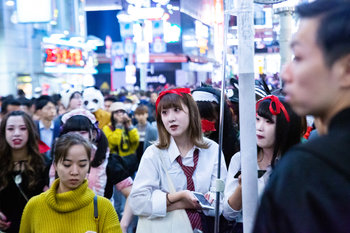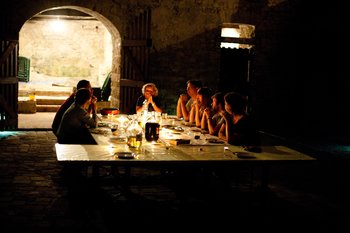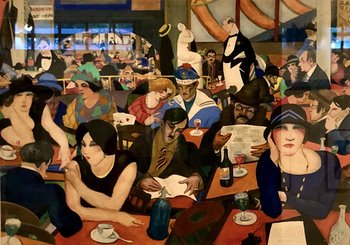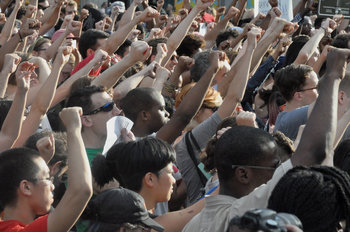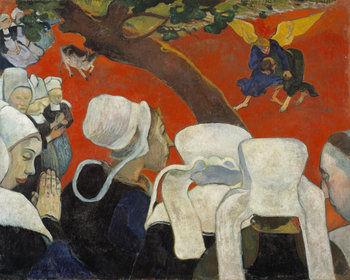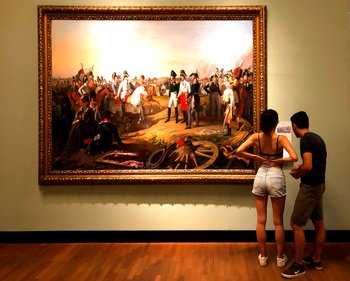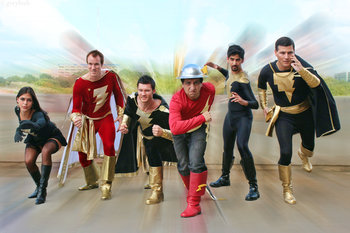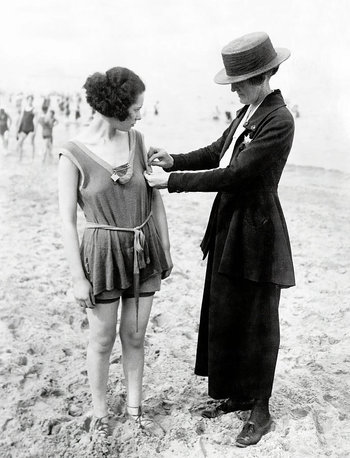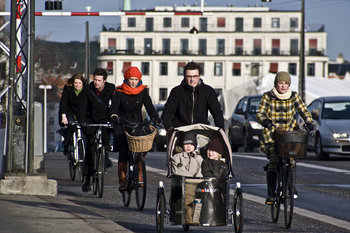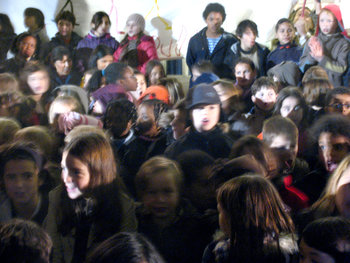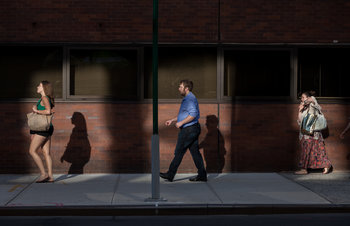
Organic Analogies
Society is viewed as being analogous to organic systems such as ecosystems or the human body.
Social Evolution
Structural functionalism views elements of society such as rules, institutions, infrastructure, traditions, norms, cultures and roles as having emerged in a similar fashion to biological evolution.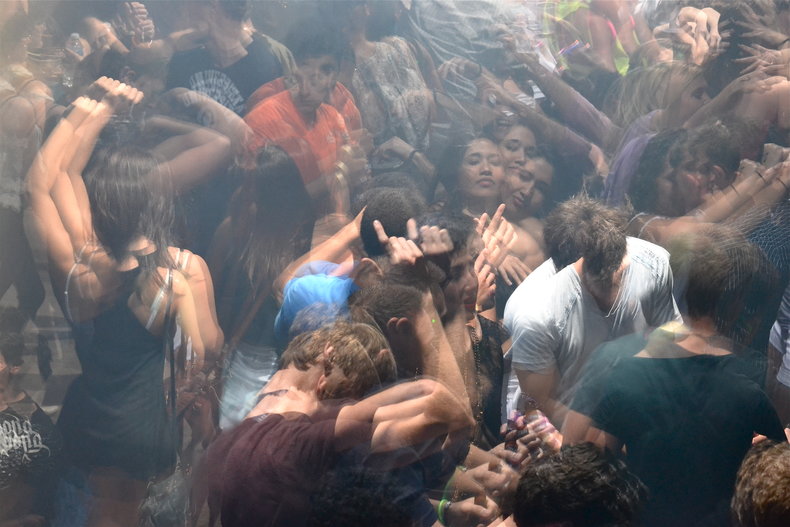
Systems Theory
A macro view of society is adopted requiring systems theory to model the complex interactions that occur at this level.
Coherent & Cohesive
Structural functionalism views society as a cohesive whole that is more or less logically coherent. It tends to view societies as rational and cooperative as opposed to unfair and oppressive.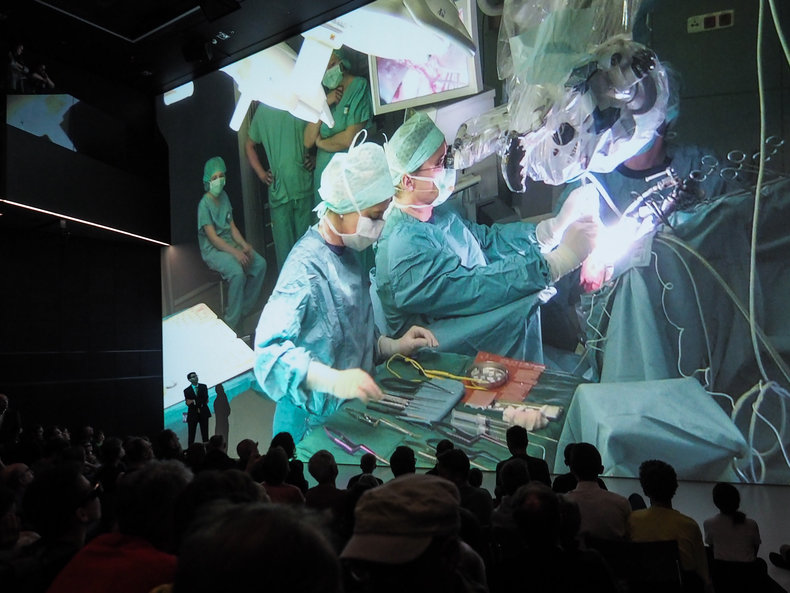
Social Classes
Elements that are assumed to be social problems by postmodernists may be viewed as having a social function by structural functionalists. For example, Kingsley Davis and Wilbert E. Moore argued (1945) that some degree of class inequality serves social stability as it allows for competition whereby people, firms and institutions work hard, improve and innovate to reach a higher social position. This could be accused of being cold logic but is perhaps consistent with how we model other systems such as ecosystems.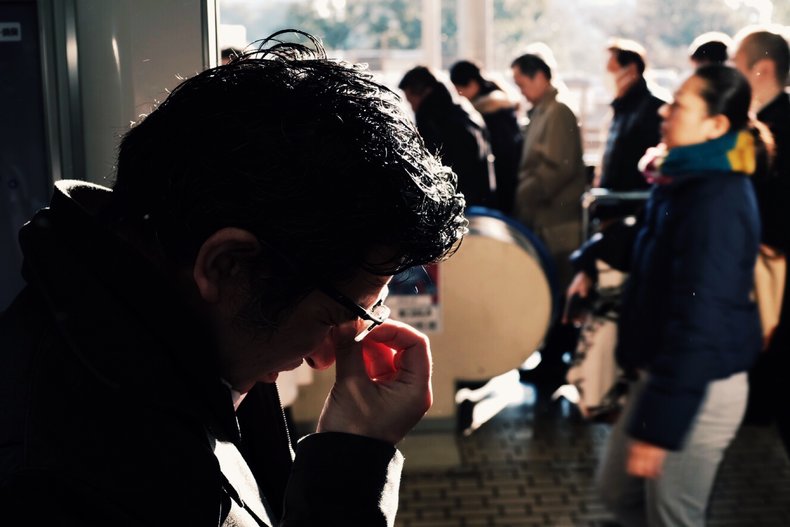
Common Goals
Societies are viewed as having common goals such as stability, harmony and growth.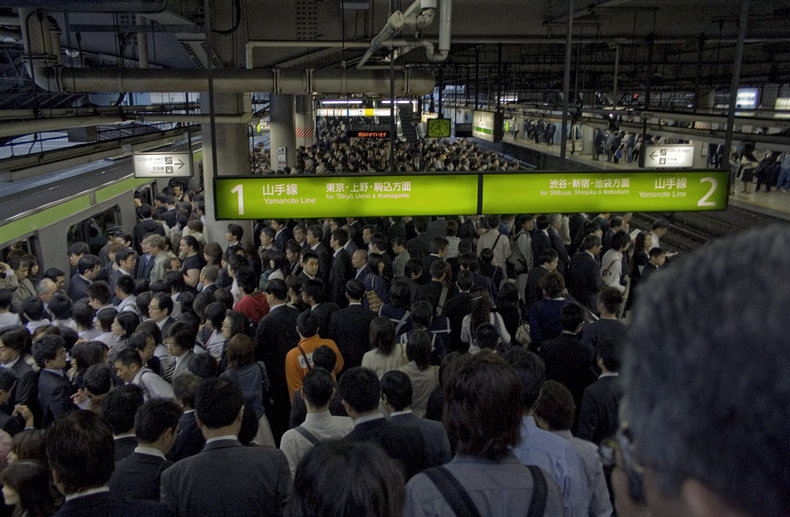
Adaptation
Societies constantly adapt as change puts society into disequilibrium and the system races to change in response to restore equilibrium. For example, if a new technology leads to social conflict the system will race to adapt things like norms, institutions and roles to restore harmony and stability.
Social Dysfunction
Early structural functionalists took an overly generalized view of society arguing that every social structure and entity has a function that serves goals. This can be easily disproven such that modern social functionalists tend to admit that some features of societies are dysfunctional. These aren't necessarily obvious. For example, protests and rebellion may serve a social function by creating needed change to bring a society back to equilibrium. A better example of social dysfunction would be the unconstrained production of economic bads.
Evolutionary Pressure
As societies are viewed as evolving, change is driven by evolutionary pressure. Much of this can be viewed as internal pressure. For example, a society that produces pollution at great scale such that pressure mounts to reduce this pollution. Societies also face external pressures, particularly competition from other societies.
Differentiation & Specialization
As society evolves it becomes more complex as parts differentiate and specialize. The interdependencies between these parts easily become too complex to model in any deterministic way such that systems theory, probability theory and chaos theory are required to approximate them.
Individuals
Structural functionalism recognizes that individuals may be alienated from the roles, norms, traditions, culture and goals of a society. In this context, structural functionalist Robert Merton proposed that individuals react to the pressures placed on them by a society in one of five ways:| Reaction | Overview |
| Conformity | The individual tries to do what is expected of them. |
| Innovation | The individual works towards the accepted goals of society but does so in a new way. |
| Ritualism | The individual follows the old ways of society but fails to conform to new adaptations. |
| Retreatism | The individual rejects the goals and ways of a society and retreats from it. |
| Rebellion | The individual rejects the goals and ways of a society and works to overthrow it. |
Structural Functionalism vs Critical Theory
Structural functionalism was a dominant approach to social sciences until the 1960s when critical theory largely displaced it. Critical theory views every level of society as a materialist power struggle characterized by conflict and oppression. For example, people wouldn't adhere to social roles as an optimal path to goals such as survival, stability, harmony and growth but would rather be forced into these roles by oppressive power structures. Generally speaking, structural functionalism views individuals as rational entities with agency. Critical theory views individuals who aren't part of an elite as having no agency whatsoever. For example, if someone claims to be happy with a social role viewed as oppressive this individual has simply been tricked by the propaganda of power structures. Needless to say, that critical theory is harshly critical of structural functionalism that suggests that people define their own lives and that things like tradition, culture and norms aren't oppressive but are mechanisms that achieve common goals such as solidarity and stability.Summary
Structural functionalism views society as a system of interconnected parts that each contribute to the stability and survival of the system.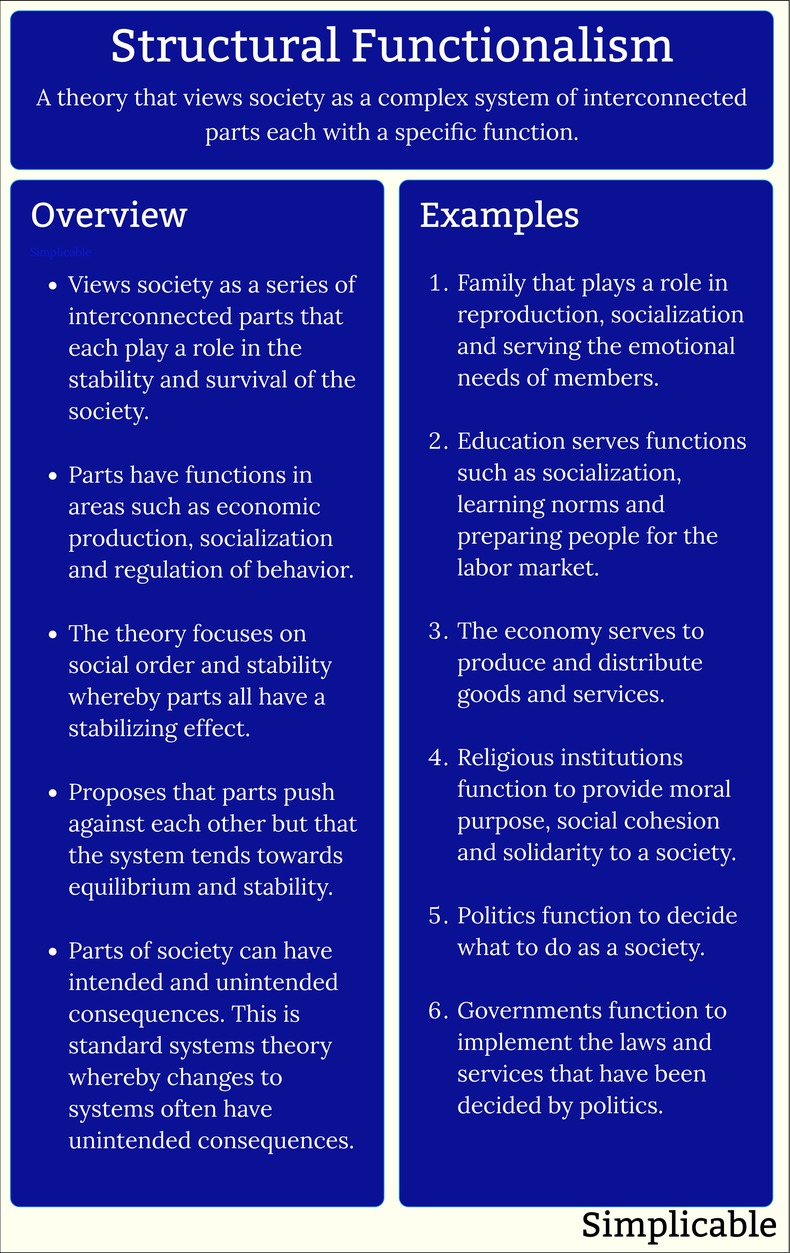
Discussion
Structural functionalism is similar to systems theory with ideas such as an equilibrium of opposing parts and unintended consequences of change.| Definition: Structural Functionalism | ||
Type | ||
Definition | An approach to social sciences that views societies as complex systems that evolve to have specialized parts that each serve a function towards common goals such as stability, harmony and growth. | |
Related Concepts | ||



